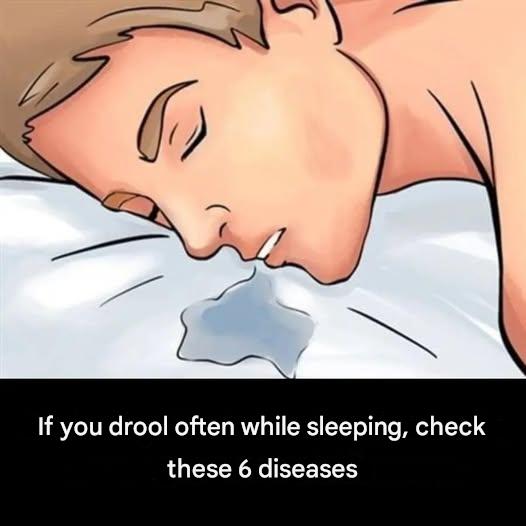Heartburn or acid taste in the mouth
Regurgitation of food or acid
Chest pain
Difficulty swallowing
3. Neurological Conditions (Parkinson’s Disease, Stroke, etc.)
Neurological conditions, such as Parkinson’s disease or after a stroke, can interfere with the muscles responsible for swallowing and controlling saliva. This can lead to difficulty swallowing saliva, causing drooling during sleep or while awake.
Conditions to watch for:
Parkinson’s disease (involuntary muscle movements and difficulty swallowing)
Stroke (impaired swallowing muscles or coordination)
Bell’s palsy (facial paralysis affecting saliva control)
4. Allergies and Sinus Infections
Allergic reactions or sinus infections can lead to nasal congestion, which makes breathing through the nose difficult. As a result, people may begin to breathe through their mouths during sleep, increasing the likelihood of drooling.
Symptoms to watch for:
